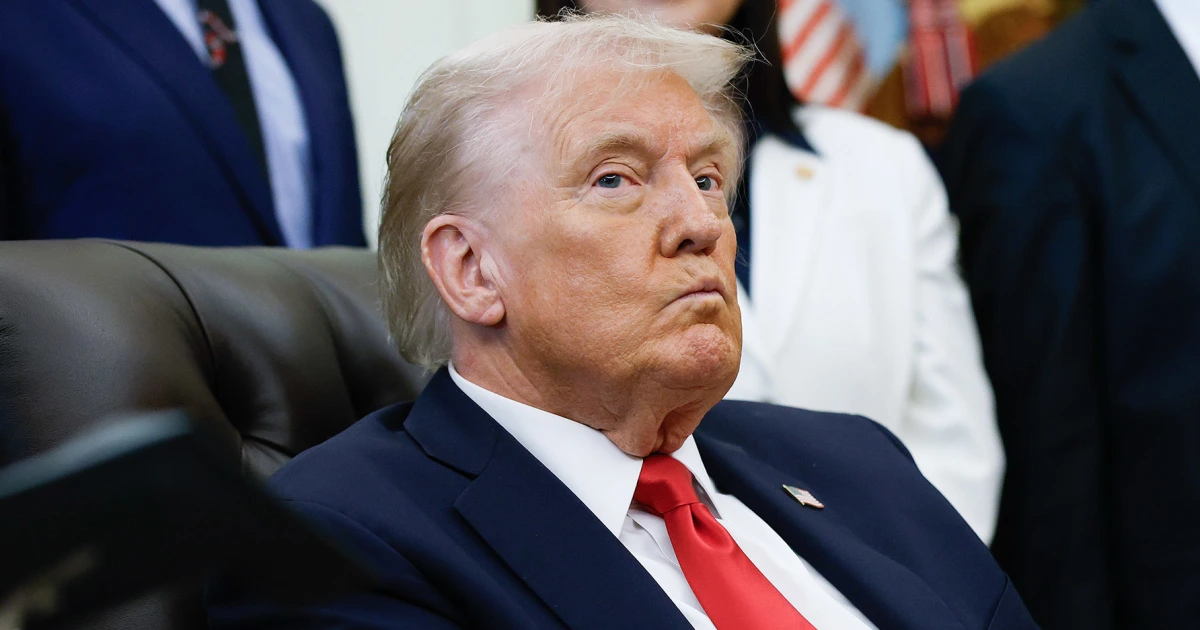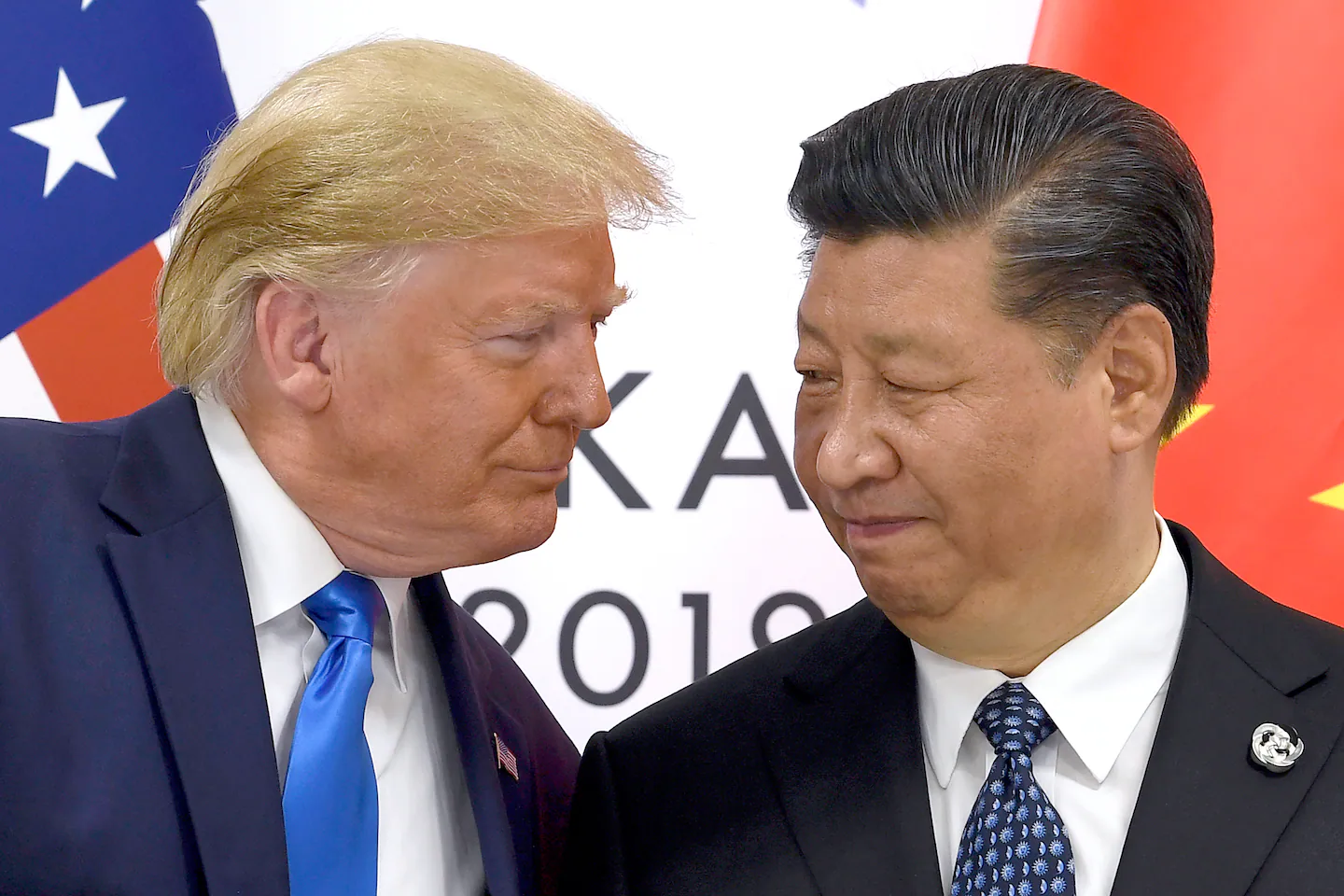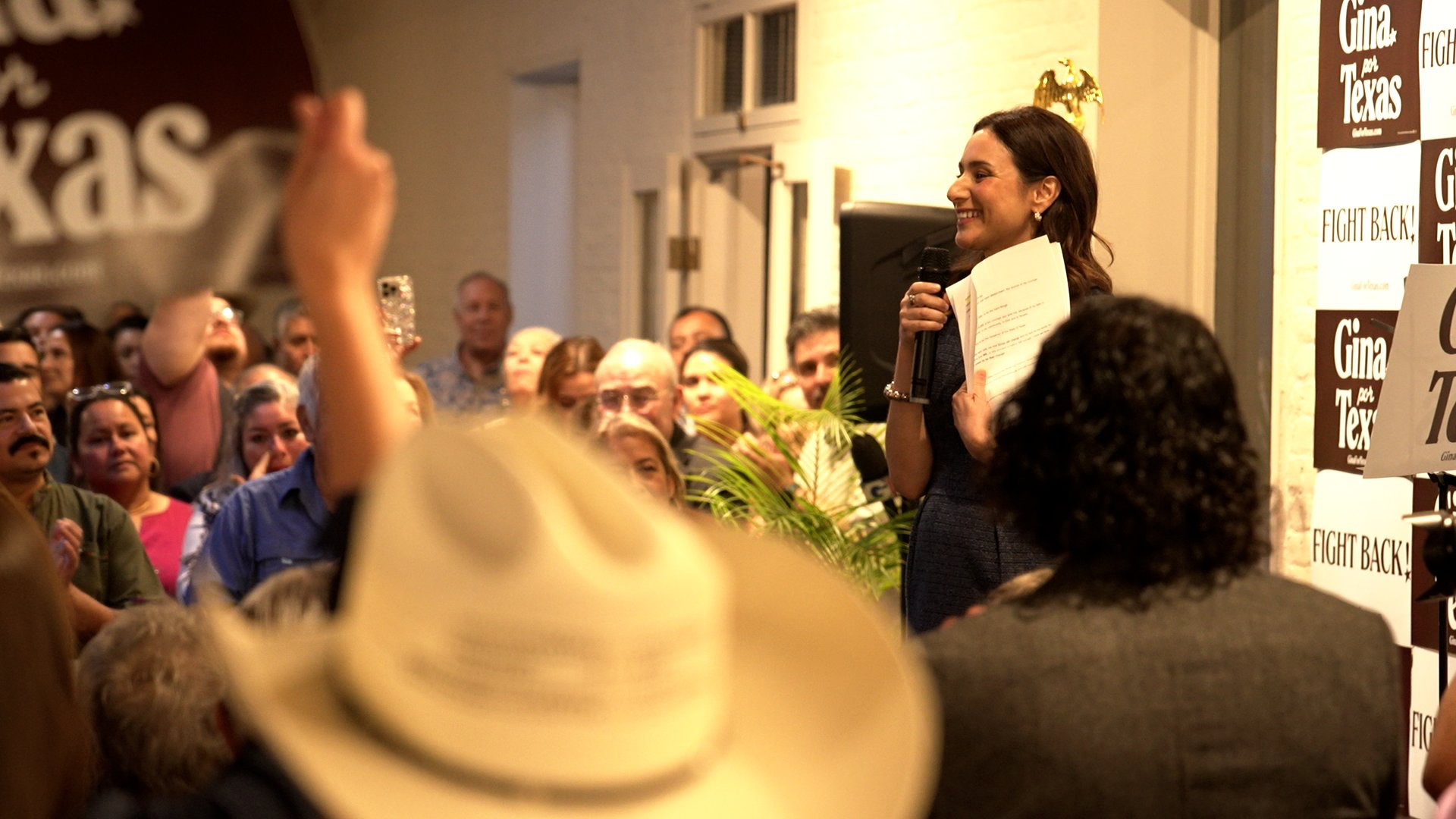Copyright NBC News

Welcome to the online version of From the Politics Desk, a newsletter that brings you the NBC News Politics team’s latest reporting and analysis from the White House, Capitol Hill and the campaign trail. In today’s edition, our Capitol Hill team explores a rare break between congressional Republicans and President Donald Trump. Plus, Andrea Mitchell examines a key difference in Trump’s efforts to end the Israel-Hamas and Russia-Ukraine wars. Sign up to receive this newsletter in your inbox every weekday here. — Adam Wollner Republicans have a rare beef with Trump By Melanie Zanona, Frank Thorp V and Brennan Leach Republicans on Capitol Hill are pushing back on President Donald Trump’s idea of importing beef from Argentina, with some making direct pleas to the White House to reverse course. The issue came up during Senate Republicans’ visit to the White House yesterday, according to Majority Leader John Thune, R-S.D., and Sen. Deb Fischer, R-Neb. Fischer said she met with Agriculture Secretary Brooke Rollins to discuss her concerns. “I represent a beef-producing state,” Thune told reporters. “We have four times as many cattle as people.” Trump told reporters aboard Air Force One on Sunday that he is considering having the United States buy beef from Argentina. “We would buy some beef from Argentina,” he said, adding, “If we do that, that will bring our beef prices down.” The issue marks a rare break between Trump and congressional Republicans. “I’m really concerned about the direction that the president’s comments have shown that he may take,” Fischer said, when NBC News asked what her message to Trump and his administration was. She also posted on X that she has “deep concerns” with the proposed policy, saying, “I strongly encourage the Trump administration to focus on trade deals that benefit our ag producers — not imports that will do more harm than good.” On the House side, during a Republican conference call yesterday, Rep. Harriet Hageman, R-Wyo., who has a large presence of cattle ranchers in her district, raised concerns about importing beef from Argentina, according to a GOP source familiar with the meeting. She told colleagues she wants more information about the issue. Eight House Republicans also sent a letter to the White House asking for more information on the decision, saying that “any import policy must hold foreign suppliers to those same rigorous standards” that American industries are subject to. “Introducing beef from countries with inconsistent safety or inspection records could undermine the confidence that U.S. ranchers have worked decades to earn,” the House letter continued. Despite the concerns, Trump does not appear to be backing off. He posted on Truth Social that his tariffs had “SAVED” cattle ranchers in the U.S. Read more → The key difference between Trump’s peace efforts in Gaza and Ukraine Analysis by Andrea Mitchell A second proposed summit between President Donald Trump and Russian leader Vladimir Putin is now “indefinitely” postponed. Trump’s hopes of quickly capitalizing on the momentum of his Gaza agreement by getting Putin to agree to a ceasefire along current battle lines in Ukraine is not happening. That was made clear to Secretary of State Marco Rubio in a conversation this week with Russia’s veteran foreign minister, Sergei Lavrov. Putin will settle for nothing short of gaining all remaining strategically critical Ukrainian territory he has not yet conquered militarily. That is a condition that’s also been intermittently endorsed by Trump, but is unacceptable to Ukrainian President Zelenskyy and his strongest supporters, including Canada and most of Europe. How was Trump able to finally emerge with what so far appears to be a landmark peace deal in the famously intractable Middle East, but not central Europe? The key difference apparently was his willingness to pressure an ally, Israeli Prime Minister Benjamin Netanyahu, to give up his declared goal of conquering the last remnants of Hamas resistance, no matter what the losses in battle. It is a hard line Trump has not been willing to take with America’s putative adversary, the Russian president. Netanyahu did make the mistake of infuriating Trump by attacking Qatar, home to the largest U.S. military base in the Persian Gulf and the mediator in talks with Hamas. But Putin also turned his red carpet, private limo ride reception in Alaska during their August summit into a humiliating diplomatic defeat for the American president. In the weeks since, Putin has escalated Russia’s devastating attacks on Ukraine’s cities, targeting civilian sites. There was no mistaking that Russia is not ready to negotiate peace. This week, the Trump administration is smothering Israel and Gaza with attention, including high-profile visits by Trump son-in-law Jared Kushner, special envoy Steve Witkoff, Vice President JD Vance and, on Thursday, Rubio. All are expressing patience with eruptions of violence on both sides and Hamas’ failure to deliver the remains of all the deceased hostages, and the ceasefire continues to hold. Aid is beginning to be delivered into the famished strip, albeit not yet in the volume promised. The incredibly complex tasks of structuring a credible Palestinian governing body and legitimate security force for the embattled territory remain. So, too, does mapping Israel’s withdrawal to new borders and the even larger challenge of transforming the rubble of Gaza into a livable home for its surviving residents. Still, the ceasefire and the return of the surviving hostages is an extraordinary and justifiably celebrated victory for the president and his emissaries. Under pressure, the Treasury Department today announced new economic sanctions on Russia, including on two of the country’s largest oil companies. But the U.S. still has not leveled long-promised secondary sanctions on Russia’s biggest oil purchasers, China and India. Now, if Trump could explain his reluctance to assert any diplomatic or military pressure on Putin, he might be able to resolve the other war that imperils what could be another landmark foreign policy achievement. That’s all From the Politics Desk for now. Today’s newsletter was compiled by Adam Wollner. If you have feedback — likes or dislikes — email us at politicsnewsletter@nbcuni.com



